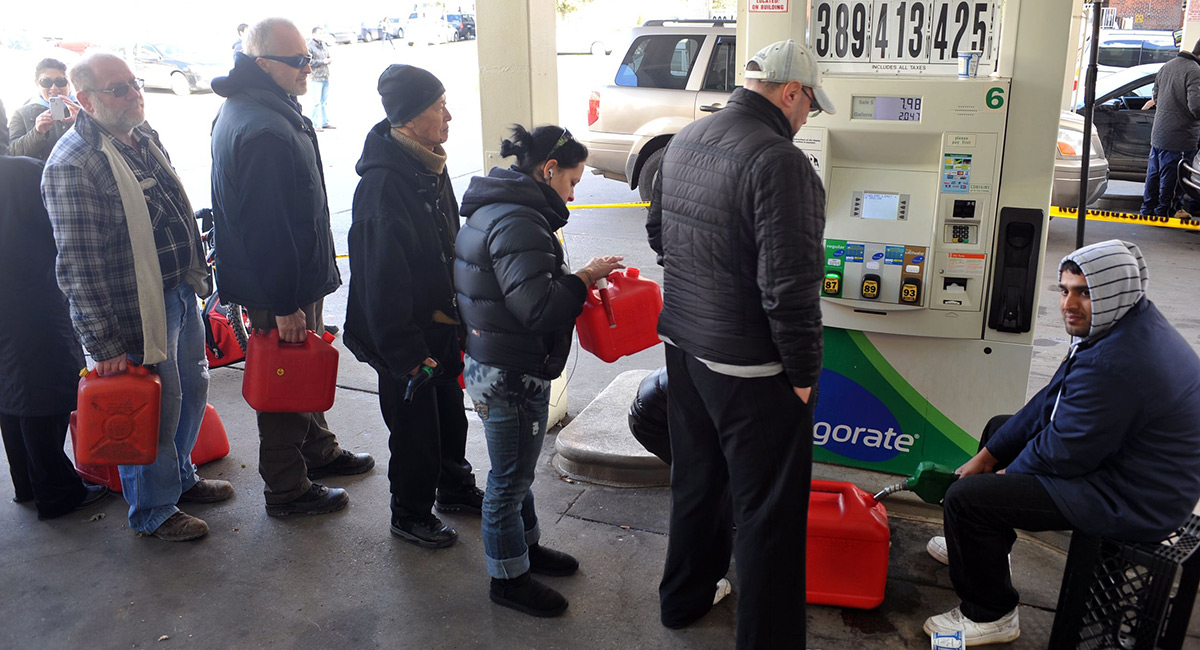Officials in the states most affected by Hurricane Laura are fielding numerous complaints about “price gouging,” and state officials are also fielding complaints about “price gouging” related to the coronavirus pandemic. There are a lot of problems, however, with efforts to control prices during disasters and emergencies.
First, there is the standard, principles-of-economics analysis of price controls, which I have previously called “knowledge embargoes.” Storms lead to big increases in demand for some goods combined with big reductions in supply. Price controls, instead of alleviating shortages, make them mandatory and persistent. They also lead to inefficient rationing of resources either to those who are willing to wait for the longest or those who just get lucky. Most of the advocates and prosecutors of price gouging laws do not recognize that someone incurs a cost when waiting in lines or searching high and low for emergency supplies that are not available at the controlled price.
Price gouging laws are backward-looking while cost, according to James M. Buchanan, “is necessarily a forward-looking or ex ante concept.” Thirty days of price history in the runup to a disaster is irrelevant because by its very nature, a disaster or emergency means that market conditions have changed radically.
“Cost” is difficult to pin down because it is subjective. Again, here is Buchanan: it “cannot be measured by someone other than the decision-maker because there is no way that the subjective experience can be directly observed.” Cost changes based on perpetually-changing market conditions that may not be available to external observers from the Attorney General’s office. Cost emerges, it is not some objective and measurable thing.
Price gouging rules are also arbitrary. When does a price increase become “unreasonable”? When does it become “excessive”? “I know it when I see it” is not an appropriate standard for whether or not a crime has been committed. Moreover, rules like these work to the disadvantage of consumers over the long run by adding a potentially substantial cost—the threat of prosecution should one violate an arbitrary standard—to the cost of doing business.
In the Bible, we are exhorted to bear one another’s burdens. Changing prices help us do this by sending easy-to-interpret signals about what is most valuable where. A sudden spike in egg prices in New York, for example, would, in a freely-functioning market, lead to higher egg prices everywhere and draw eggs to where they are most urgently needed. Rising gas prices send the same signal: even people who do not know there has even been a hurricane get the signal that they need to bear others’ burdens by paying a bit more for or going without gas.
Disasters and emergencies are bad enough without policies that make things worse. That’s exactly what price gouging laws are: rules that actually make these worse for the least of these among us by snuffing out the signals that would tell the rest of us precisely what is needed where.









